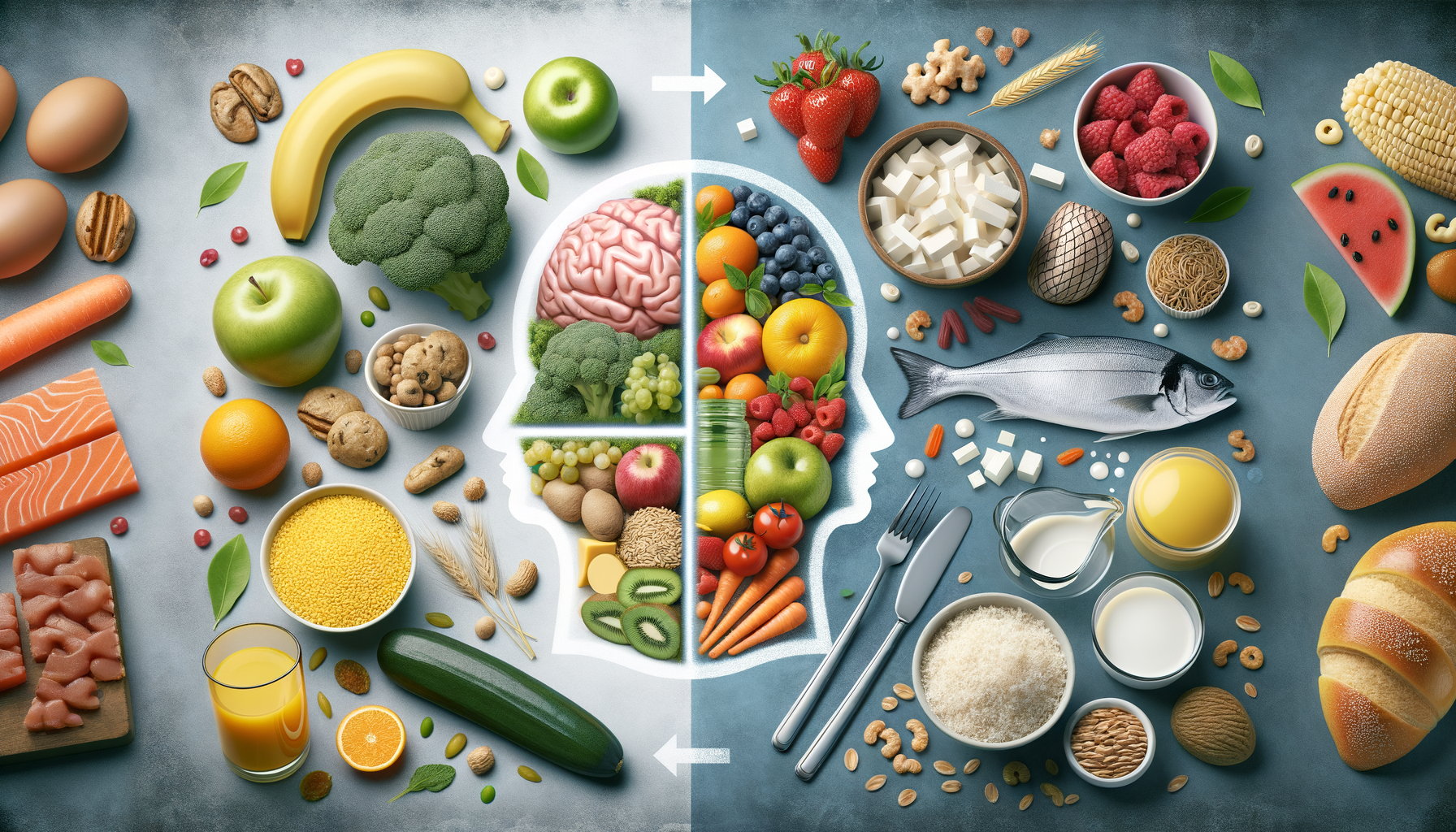The Connection Between Diet and Brain Health
Understanding the link between diet and brain health is an evolving field of study. It is widely acknowledged that what we consume can impact our overall health, but its influence on cognitive wellness and dementia is particularly intriguing. While no specific food or diet can prevent dementia, certain nutrients are believed to support brain health. Research suggests that a balanced diet rich in fruits, vegetables, whole grains, lean proteins, and healthy fats can contribute to cognitive function. These foods provide antioxidants, vitamins, and minerals that may protect the brain from oxidative stress and inflammation, factors linked to cognitive decline.
Moreover, diets such as the Mediterranean diet, which emphasizes plant-based foods, fish, and olive oil, have been associated with a lower risk of cognitive impairment. Studies have shown that individuals adhering to such diets may experience slower rates of cognitive decline and a reduced risk of developing Alzheimer’s disease. While the exact mechanisms are not fully understood, it is believed that these diets support cardiovascular health, which is crucial for maintaining adequate blood flow to the brain.
Antioxidants and Their Role in Brain Health
Antioxidants play a vital role in protecting the brain from oxidative stress, a condition that can damage cells and contribute to cognitive decline. Foods rich in antioxidants, such as berries, nuts, and dark leafy greens, are often highlighted in discussions about brain health. These foods contain compounds like flavonoids and polyphenols, which have been shown to improve memory and learning in animal studies.
For instance, blueberries and strawberries are known for their high antioxidant content and have been linked to improved brain function. A study published in the Annals of Neurology found that women who consumed more berries had slower rates of cognitive decline. Similarly, nuts, particularly walnuts, are rich in omega-3 fatty acids and antioxidants, which may help reduce inflammation and promote brain health.
The Importance of Omega-3 Fatty Acids
Omega-3 fatty acids, particularly those found in fish like salmon and sardines, are essential for brain health. These healthy fats are critical components of cell membranes and have anti-inflammatory properties. Research indicates that omega-3 fatty acids may help protect against cognitive decline and dementia. A study in the Journal of Alzheimer’s Disease found that individuals with higher levels of omega-3 fatty acids in their blood had larger brain volumes, a marker of brain health, compared to those with lower levels.
Incorporating fish into your diet a few times a week can be a beneficial strategy for supporting cognitive function. For those who do not consume fish, plant-based sources of omega-3s, such as flaxseeds and chia seeds, can also be included. Additionally, supplements like fish oil are available, though it is always best to consult with a healthcare provider before starting any new supplement regimen.
Whole Grains and Their Benefits
Whole grains, such as oats, brown rice, and quinoa, are another important component of a brain-healthy diet. These foods are rich in fiber, vitamins, and minerals, which can support overall health and cognitive function. Whole grains provide a steady source of glucose, the brain’s primary energy source, helping to maintain mental alertness throughout the day.
A study published in the Journal of Nutrition, Health & Aging found that higher whole grain consumption was associated with better cognitive performance in older adults. The fiber in whole grains also supports cardiovascular health by helping to lower cholesterol levels and improve blood flow, which is crucial for delivering oxygen and nutrients to the brain.
Hydration and Its Impact on Cognitive Function
While often overlooked, hydration is a key factor in maintaining cognitive function. Dehydration can lead to confusion, memory problems, and difficulty concentrating. Ensuring adequate water intake is essential for brain health, as the brain is composed of approximately 75% water. Staying hydrated helps maintain the balance of fluids in the brain, which is necessary for neurotransmitter function and energy production.
In addition to water, other hydrating beverages like herbal teas and infused waters can contribute to daily fluid intake. It’s important to be mindful of caffeinated and sugary drinks, which can lead to dehydration if consumed in excess. Prioritizing hydration can support mental clarity and cognitive wellness, making it an integral part of a brain-healthy lifestyle.

Leave a Reply